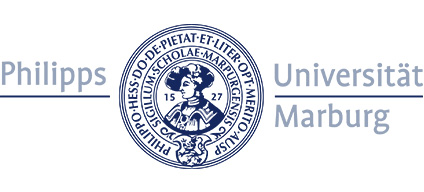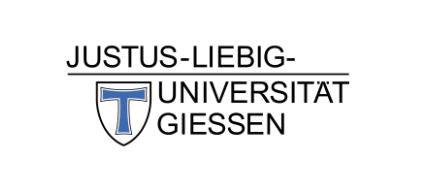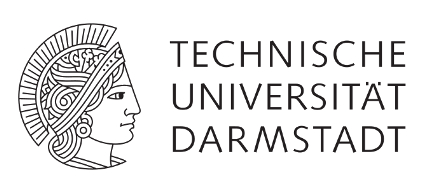27.11.2017 Success for Collaborative Research Centre "Cardinal mechanisms of perception: Prediction, valuation, categorization
DFG extends research on sensory perception processing; Philipps-Universität Marburg is involved in the project

Our sensory organs determine the way we perceive the world; they make it possible for us to receive stimuli from our environment. However, how do our brains process this information? How does perception work? The interdisciplinary Collaborative Research Centre Transregio 135 "Cardinal mechanisms of perception: Prediction, valuation, categorization" has investigated these questions for the past four years. The German Research Foundation (DFG) has now decided to extend this CRC until 2021. Gießen-based psychologist Professor Dr Karl Gegenfurtner is the spokesperson for this interdisciplinary CRC. His Marburg-based colleague and the head of the Marburg Center for Mind, Brain and Behavior, Professor Dr Frank Bremmer from Philipps-Universität Marburg, is a member of the executive committee. "During the first funding period, we managed to establish our CRC as an international perception research flagship project. The extension of this CRC will facilitate a number of extremely interdisciplinary projects that share the goal of understanding how we perceive the world and interact with it," says Professor Gegenfurtner. Professor Bremmer adds: "The Collaborative Research Centre will strengthen the collaboration between our two universities within the scope of the Research Campus of Central Hessen project even further. The field of mind, brain and behaviour has already been determined as a key research topic.
The CRC intends to investigate how the human brain concludes a superior meaning from sensory signals. For this purpose, the perception process is to be comprehensively explained on the basis of three fundamental principles: Prediction, valuation and categorisation. The resulting internal models of the environment allow humans to predict the future condition of the environment as well as the consequences of their actions, to evaluate the potential risks and the usefulness of stimuli and reactions and also to map the endless number of environmental stimuli into categories of concepts and behaviours. The CRC therefore offers a unique combination of behavioural experiments, physiology and modelling to gain a comprehensive understanding of these three principles.
Contact
Prof. Dr. Karl Gegenfurtner
Justus Liebig University Giessen
Phone: 0641-99-26100
E-Mail:gegenfurtner@uni-giessen.de
Prof. Dr. Frank Bremmer
Philipps-Universität Marburg
Phone: 06421-28-24162
E-Mail: Frank.Bremmer@physik.uni-marburg.de


